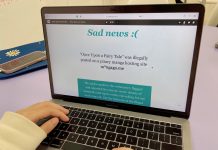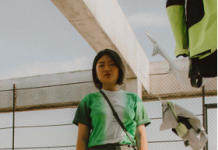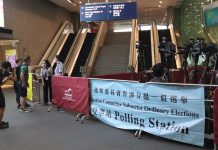Tse, who was 29 when he won this seat, says Ip’s fame and network were crucial to his success. “Ip’s popularity is important to new politicians. No matter how bright I am, others would not know.”
The party does not offer any training programmes but Ip’s connections open doors for Tse to speak with senior government officials. They have also helped other young party members to attend courses at institutions like the Chinese Academy of Governance.
Studying at elite national academies seems to be the privilege of those in the pro-Beijing camp, but it is not all doom and gloom for the pan-democrats.
Ma Ngok, a political commentator and an associate professor of Government and Public Administration at the Chinese University of Hong Kong, says money is important in politics but it is not the only factor.
“An effective system and well-developed framework [in a party] can all be attributed to money at the most basic level,” Ma says.
There is a smoother road to success in the pro-Beijing camp, but there is also a constraint. “They have resources and better support. But they have less freedom of speech,” says Ma. “Their politicians cannot be critical of the government.”
Ma says the crux of the problem in Hong Kong politics is the lack of opportunities for promotion. It is difficult to sustain young people’s participation in representative politics as the number of seats in the District Council and Legislative Council is limited.
In the district offices of some political parties, there are no senior paid positions to which young people could be promoted.
Regardless of their political persuasion, young politicians need opportunities.
For now, Roy Kwong Chun-yu is content to represent the people of Pek Long at the Yuen Long District Council but ultimately, he has his sights set on the Legislative Council. He hopes the voters and his party will give him the chance.
“I would emphasise a new term, the politics of hope,” says Kwong. “The politics of hope means the senior politicians are willing to place hope in the hands of new people. We are able, but you must give us the opportunity.”






































